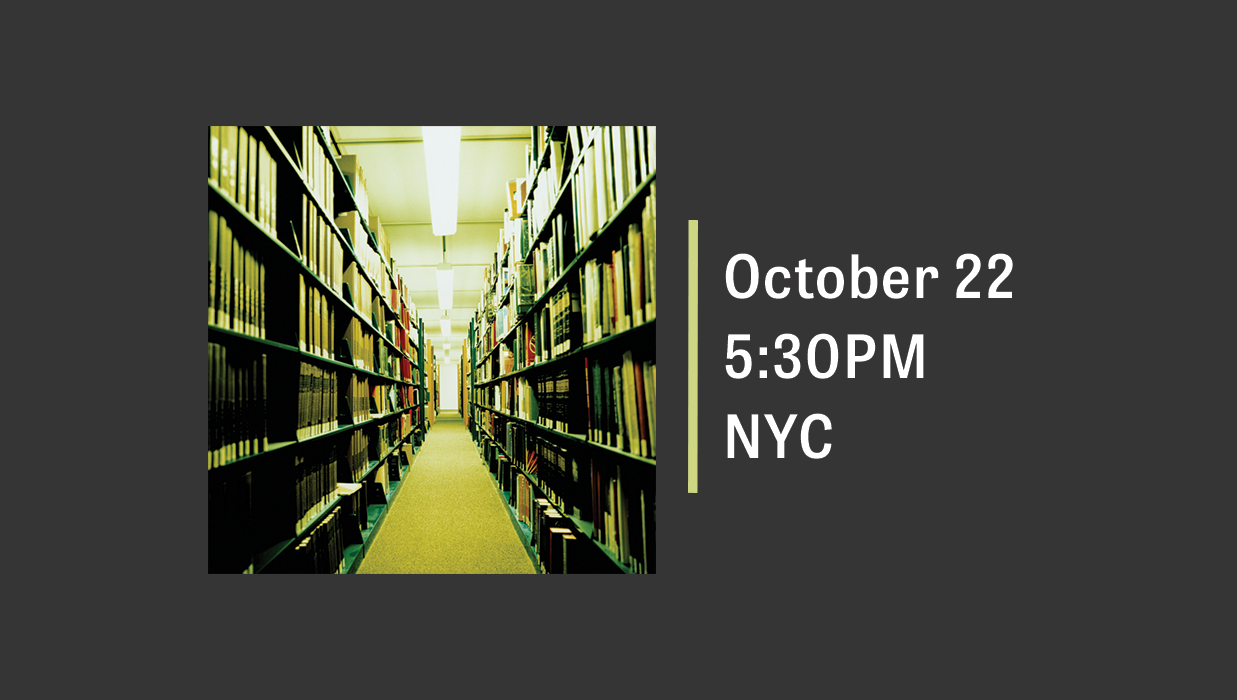In a recent Washington Post editorial, western China scholars were taken to task for engaging in self-censorship: When it comes to China, Americans are victims of an insidious kind of censorship that stunts the debate they hear and read about in nearly invisible ways… The upshot [of fear of visa denials, concern that university administrators will be upset, and worry that Chinese colleagues will be harmed] is that America’s… leading experts on China often remain silent as its regime becomes ever more repressive. (Washington Post, September 23. 2018)
Where is the evidence? Professors Rory Truex and Sheena Greitens, fellows in the National Committee’s Public Intellectuals Program (PIP), conducted a study to assess the extent of repression in the China field. On October 22, Professor Truex presented their findings, and Columbia Law School Professor Benjamin Liebman, also a PIP fellow, served as commentator.
Rory Truex is an assistant professor of politics and international affairs at Princeton University. He studies comparative politics, focusing on Chinese politics and non-democratic regimes. His book, Making Autocracy Work, explores the nature of policymaking and representation in China’s legislative system. His current research looks at the nature of repression and human rights abuses in contemporary China. He recently received the Stanley Kelley, Jr. Award for distinguished teaching.
Benjamin L. Liebman is the Robert L. Lieff Professor of Law and director of the Center for Chinese Legal Studies at Columbia Law School. He is also the director of the Parker School of Foreign and Comparative Law. His current research focuses on the use of computational tools to study Chinese court judgments, the roles of artificial intelligence and big data in the Chinese legal system, Chinese tort law amd criminal procedure, and the evolution of China’s courts. His recent publications include Regulating the Visible Hand: The Institutional Implications of Chinese State Capitalism (with Curtis J. Milhaupt), Oxford University Press, 2015, and “Leniency in Chinese Criminal Law: Everyday Justice in Henan,” Berkeley Journal of International Law, 2015.


